Today All Groan Up is honored to welcome Tim Gallen, a writer and 12-year adulthood veteran. He blogs not quite daily at the daily gallen. Friend him on Facebook or follow him on Twitter (@tim_gallen). He won’t mind.
If I’m unfamiliar with something – some new toy, device, or piece of Ikea furniture – I don’t think twice to reach for the instruction manual.
Instruction manuals are pretty cool, if you think about it. In nearly every case, they spell out what you’re trying to accomplish or experience in straight-forward language, or, in the case of Ikea instructions, not-to-scale drawings with the Swedish version of a stick person.
Life is full of instructions, so where’s the manual for becoming a grown-up?
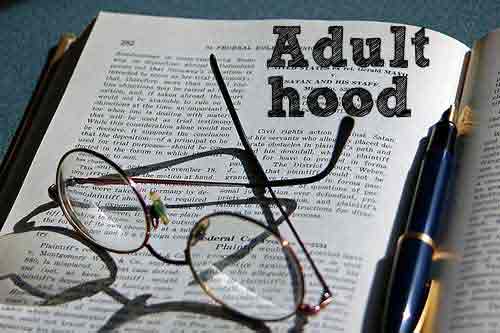
Original Photo Creative Commons – Garry Wilmore
There’s no Adulthood 101.
There’s not even a Dummies book.
Instead of an instructional manual to guide the way, we insist when we reach a certain age we’ll finally be a grown-up and leave childhood behind.
What I’ve never understood is: How does spending 18 years as a kid prepare us to be an adult?
Because, after nearly a dozen years of legal adulthood, I’ve never felt like a grown-up.
I can see my 30s on the horizon but there are days I don’t feel any more like an adult than I did when I was 18.
Being a grown-up always sounded pretty sweet, right?
In my mind, I’d stay up late, eat pizza at every meal, play video games until dawn, and go to R-rated movies without a chaperone.
Oh sure, I did all those, along with other adult-ish things like buying a car, getting married, and buying a house.
But still I often can’t help but think I’m missing something. But without an instruction manual, how do I know?
My body may be pushing 30, but in my head I’m still that know-it-all 18-year-old, full of hope, confusion, and inevitability.
Whenever someone calls me Mr. Gallen, I sometimes find myself glancing about for my father. It surely can’t be me they are addressing.
I don’t have any desire to be a child again, yet the more I learn and fumble my way through being a grown-up, I’m not sure I want to be an adult, either.
The irony, I’ve found, is adults are often more childish than children themselves. Adults throw tantrums as good as any 2-year-old, only with more swear words and much less tact. We blame others instead of taking responsibility. We stomp our feet and shout louder until we get our way. We are greedy, selfish, and petty.
Of course, we justify all of our puerile actions behind the guise of adulthood. We are adults: older, more mature; we know better. Thus, it’s OK to act like a child.
But when you think about it: Is that really any way to act like a grown-up?
If only I had that instruction manual.
—
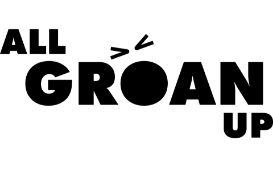
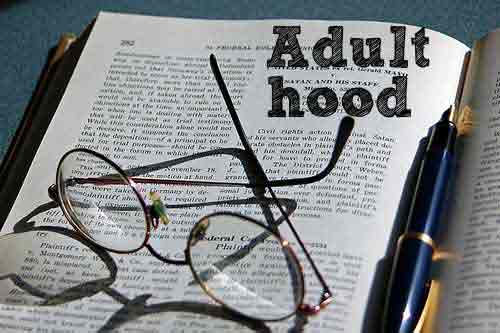

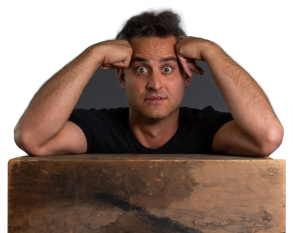
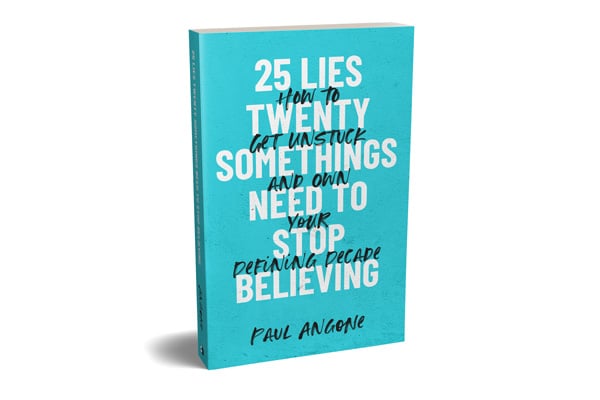
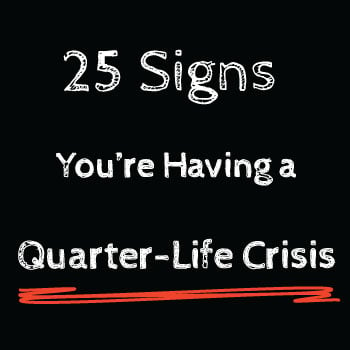

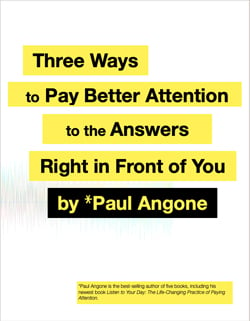
I loved this article! Great job Tim.
This got me thinking about people I know who day “stop being so childish” when they themselves are even worse.
I think it’s a fine line we always want to walk.
After all no ones like people on opposite sides of the spectrum.
We need this manual!
thanks so much, dean! i think you are right about it being a fine line we walk. if you ever run across the manual, let me know. i’d love to read it. 🙂
Thanks Tim for officially becoming a Groan Up!